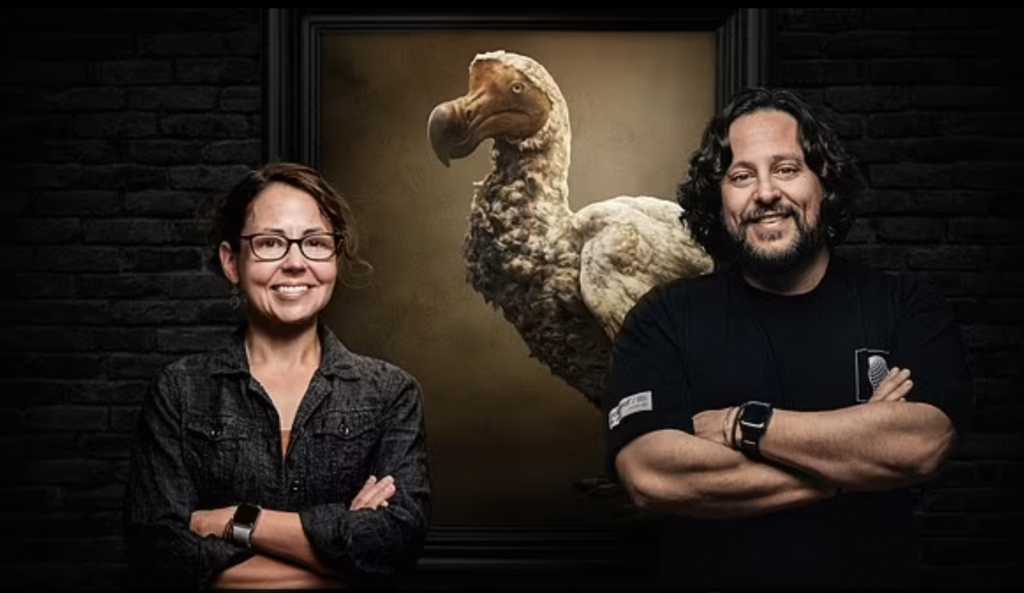Colossal Biosciences raised a $150 million Series B to further its de-extinction platform that could bring back the Dodo bird and the woolly mammoth.
The investment gives the startup a valuation of more than $1 billion, per reports.
Search less. Close more.
Grow your revenue with all-in-one prospecting solutions powered by the leader in private-company data.
The new round was led by US Innovative Technology Fund, and included participation from Breyer Capital, WestRiver Group, Animal Capital, In-Q-Tel, Animoca Brands, Peak 6, Bold Capital, Jazz Venture Partners and others.
The Dallas-based startup, which launched in 2021, plans to use the new cash infusion to continue to advance its genetic engineering and software and hardware solutions for applications involved with de-extinction, conservation and human health care.
“The World Wildlife Fund found that in the last 50 years, Earth’s wildlife populations have plunged by an average of 69% at the hands of mankind,” said co-founder and CEO Ben Lamm in a release. “By gathering the smartest minds across investing, genomics, conservation and synthetic biology, we have the opportunity to reverse human-inflicted biodiversity loss while developing technologies for both conservation and human healthcare.”
Bringing back the DoDo
With this new round, Colossal has launched its Avian Genomics Group, which will pursue the de-extinction of the Dodo.
There are now more than 400 bird species that are categorized as either extinct, extinct in the wild, or critically endangered, per the IUCN Red List. Colossal is looking to reverse these numbers through its genetic rescue tech and its de-extinction toolkit.

The company has said in the past it would focus on the “restoration and rewilding of functional woolly mammoths to the tundra” and bring back the Tasmanian tiger.
Colossal said bringing back mammoths would allow for a better understanding of evolutionary change in other species, and that genetic engineering applications also will help enhance food production and reduce environmental impact.
Last March, Colossal Bioscience raised a $60 million Series A led by Thomas Tull and At One Ventures. Per the company, it has now raised a total of $225 million.
Colossal’s first technology spinout, Form Bio, also raised a $30 million Series A in September.
Illustration: Dom Guzman

Stay up to date with recent funding rounds, acquisitions, and more with the Crunchbase Daily.



![Illustration of pandemic pet pampering. [Dom Guzman]](https://news.crunchbase.com/wp-content/uploads/2021/03/Pets-2-300x168.jpg)



67.1K Followers